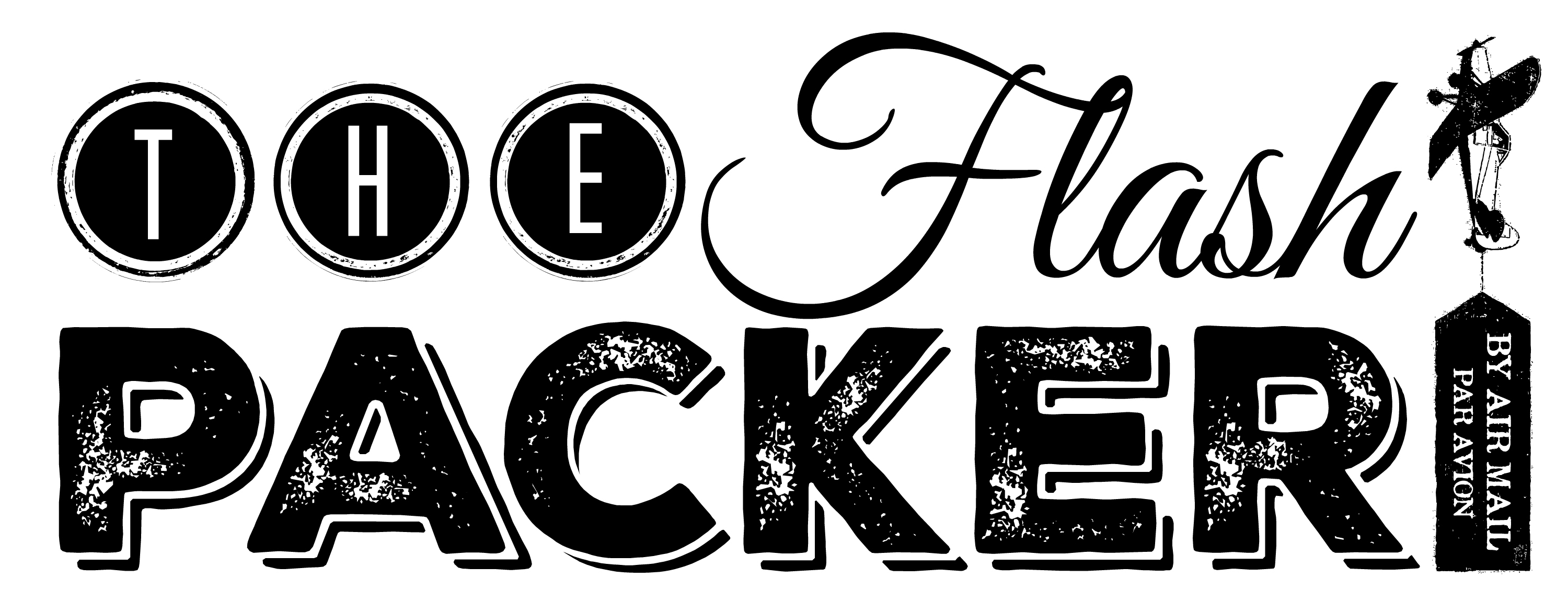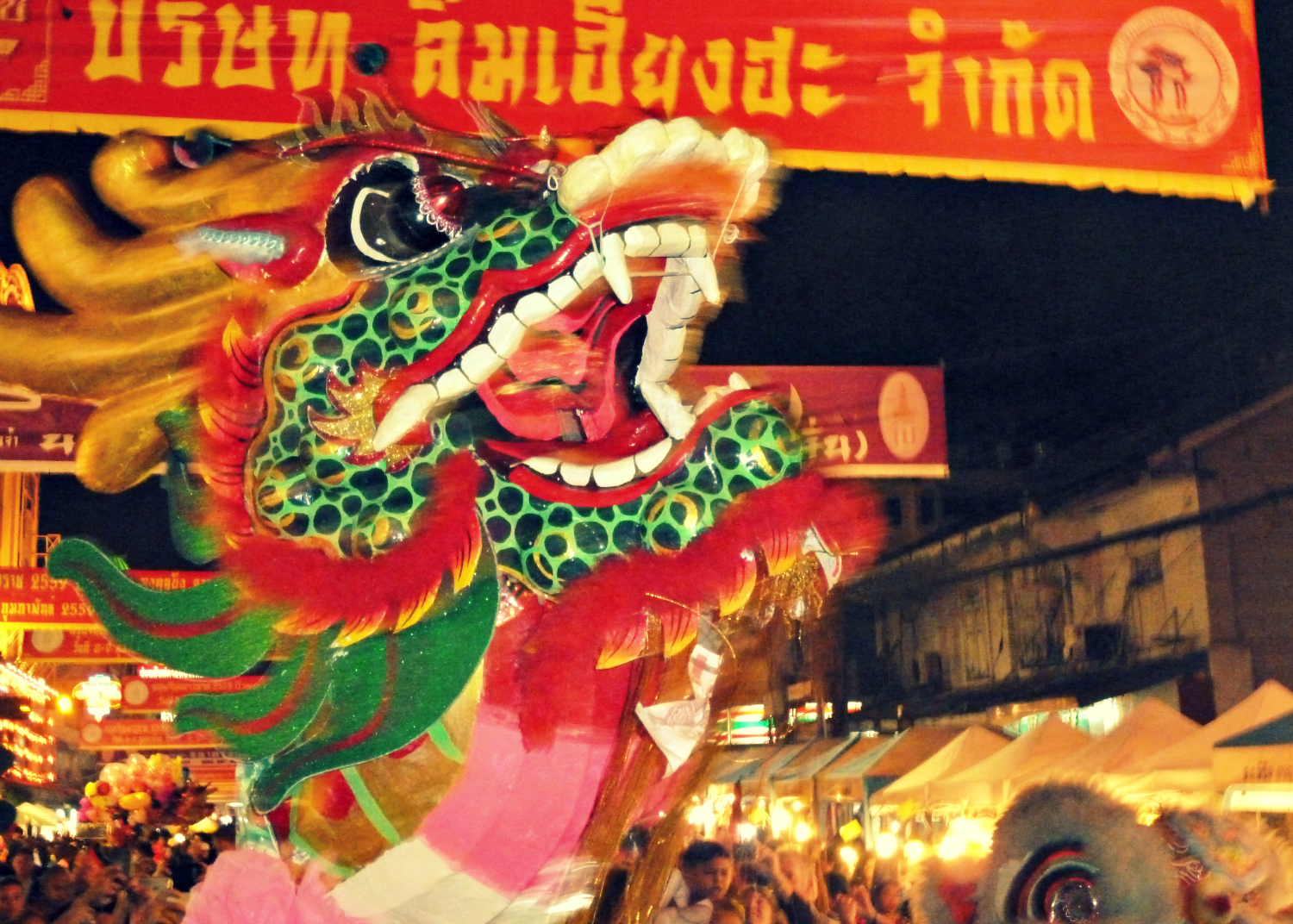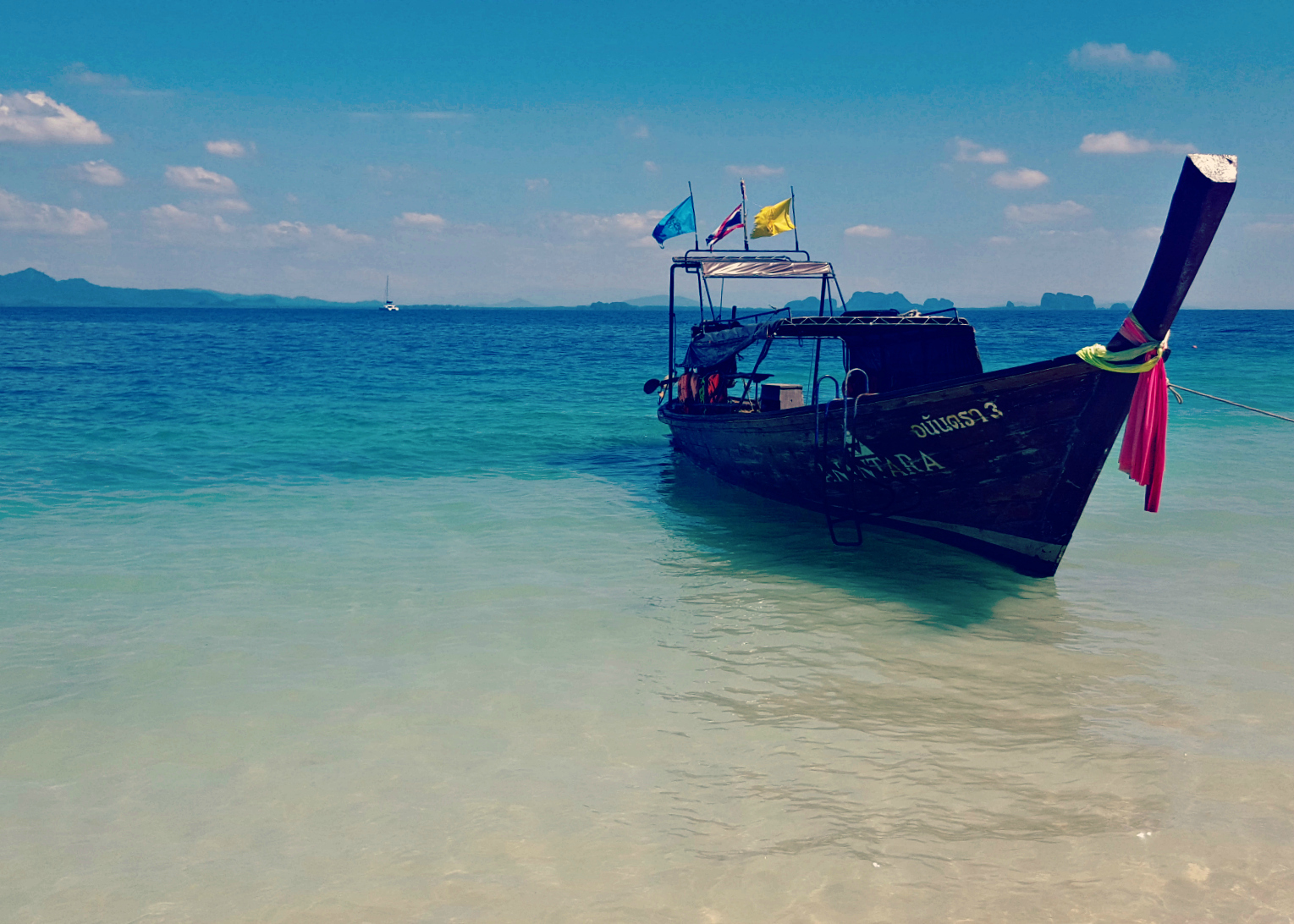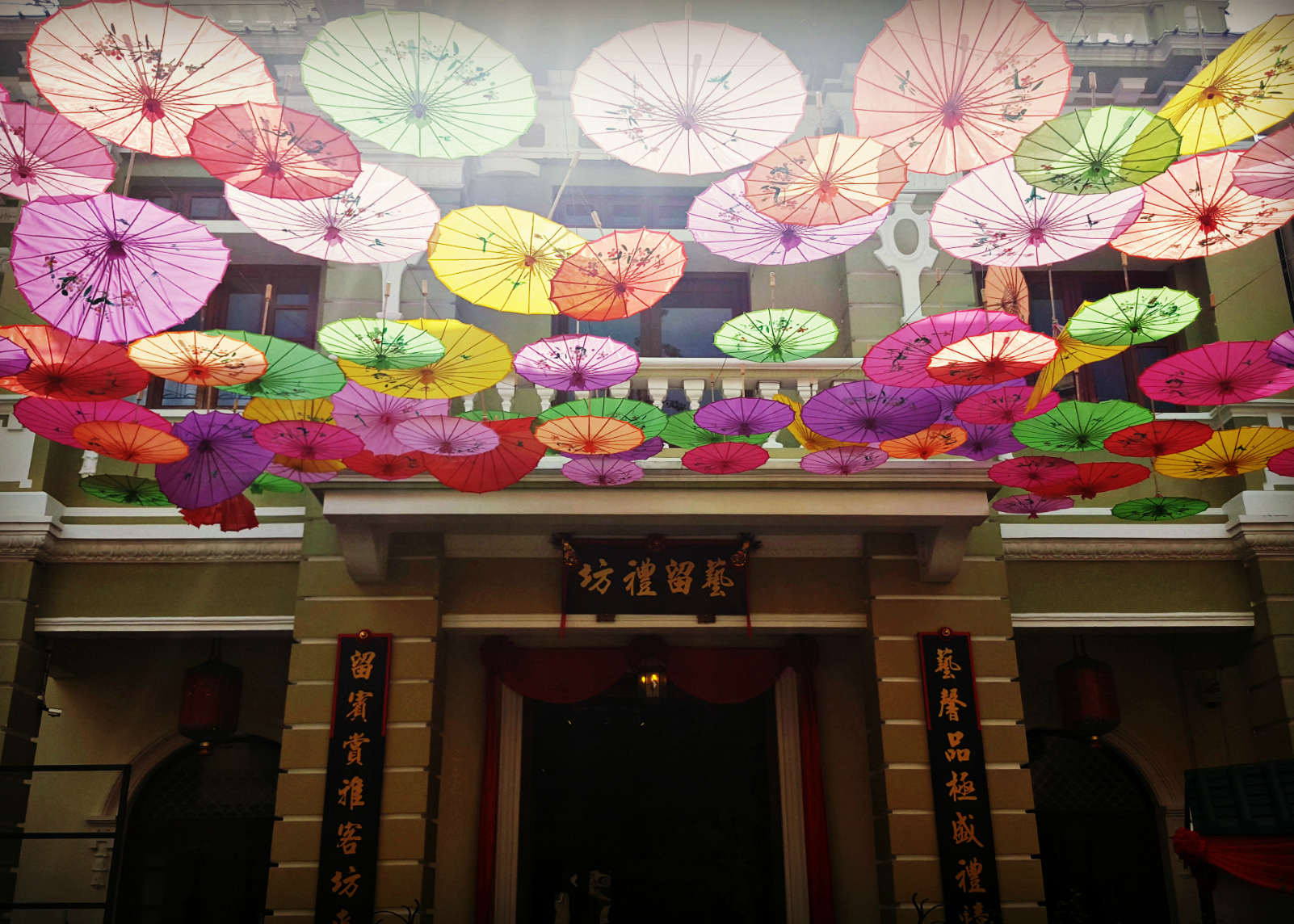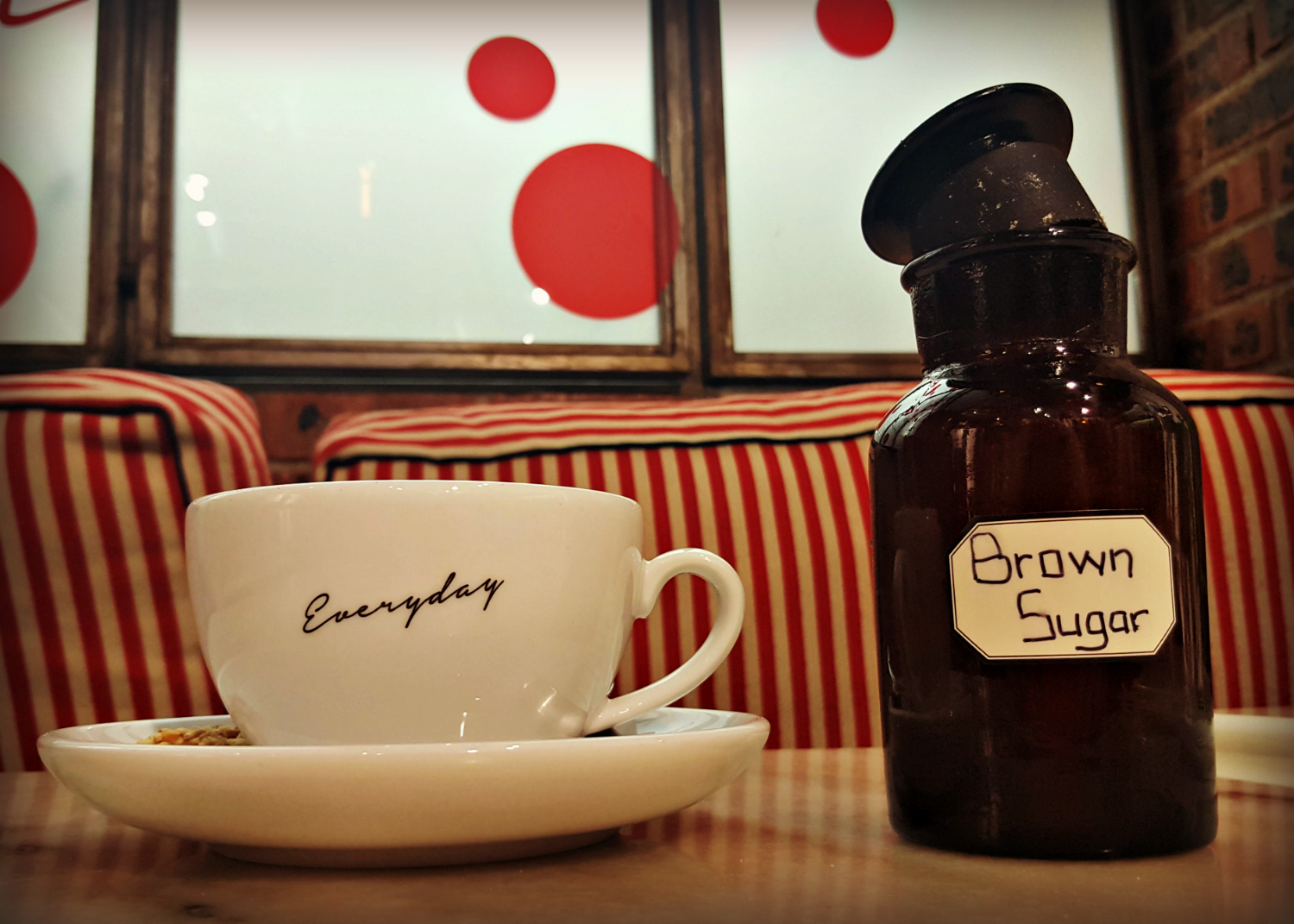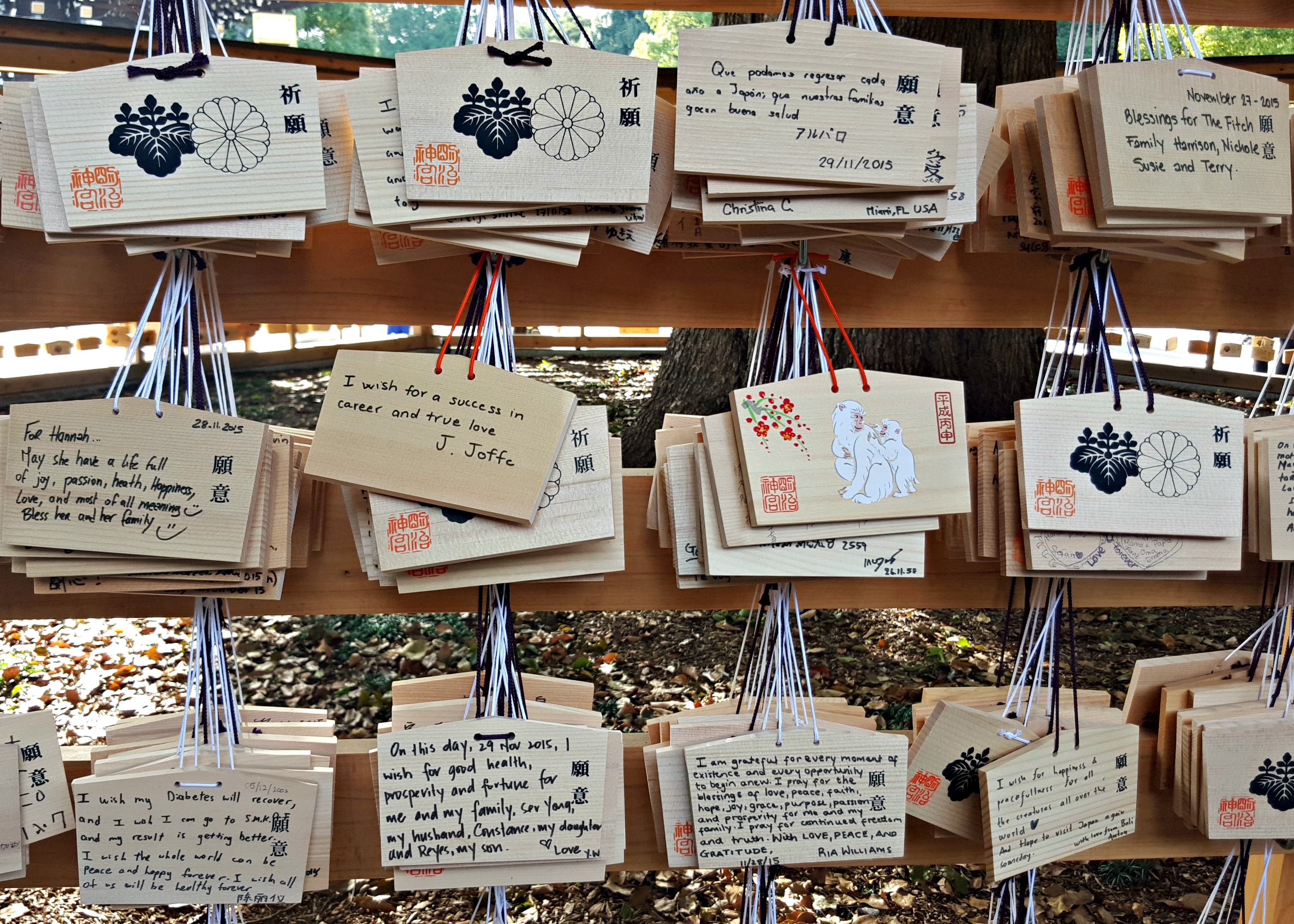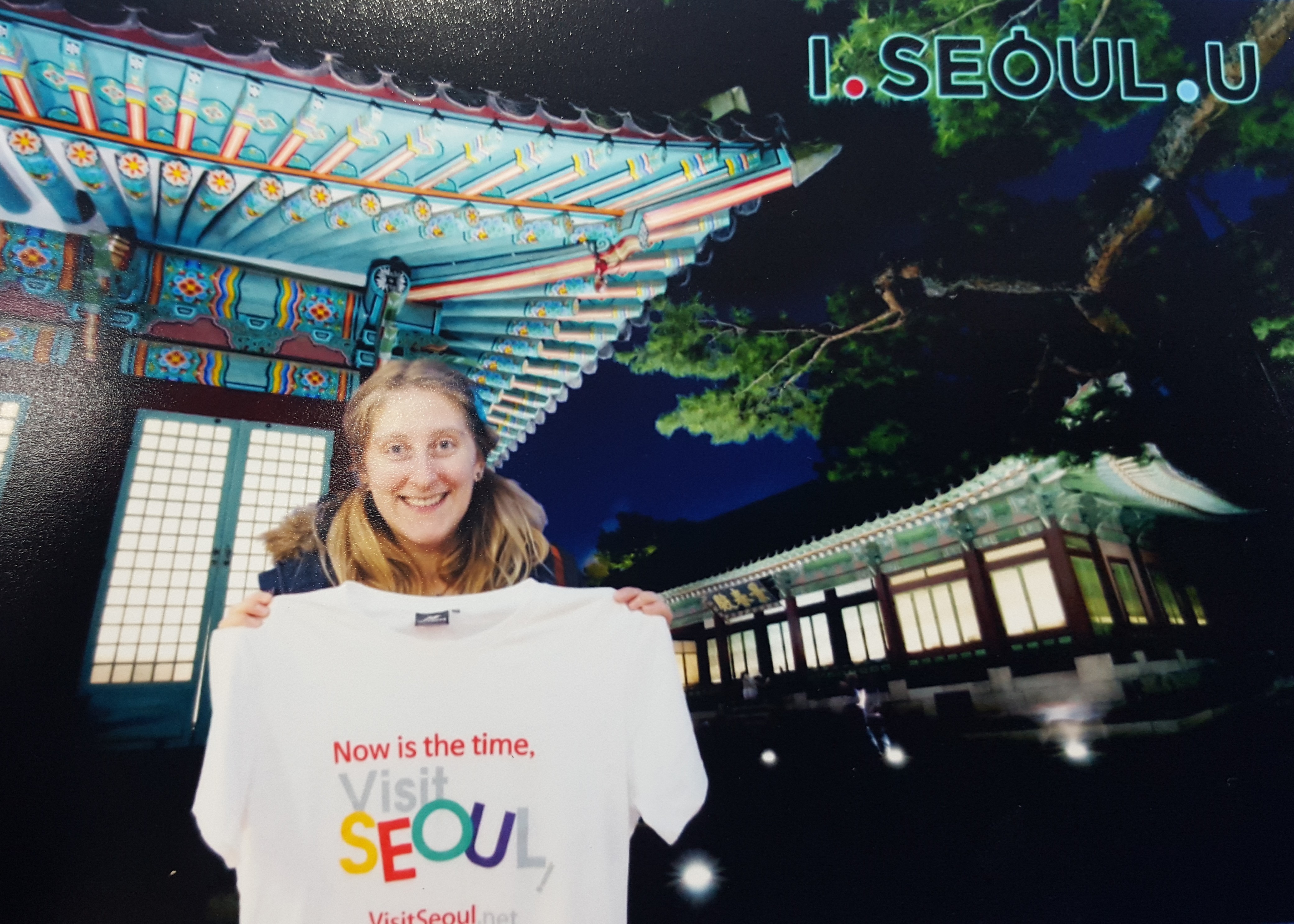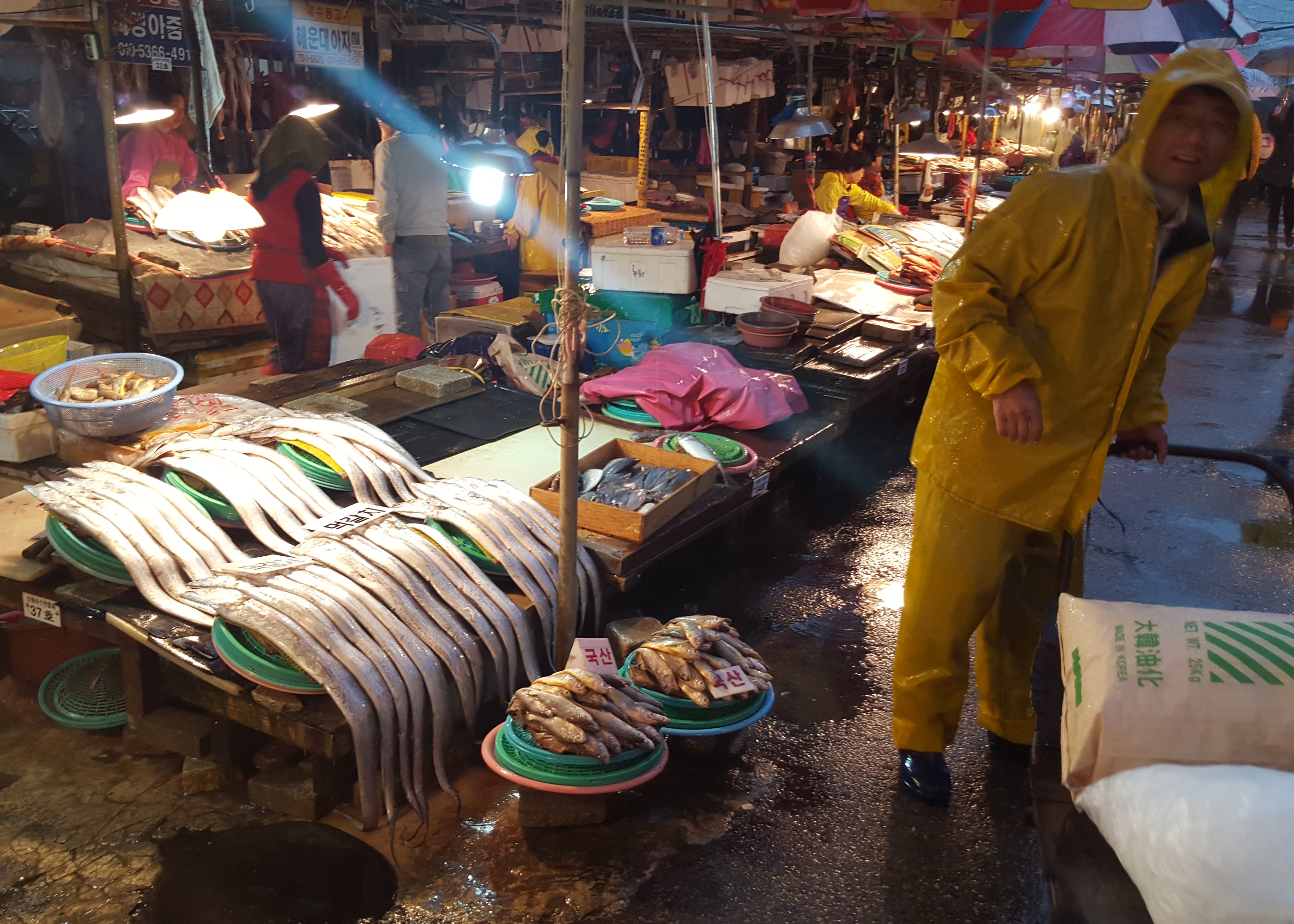Onward transportation from Koh Samui, organised by opportunistic but efficient tour companies, was plentiful and easy. They branded us with stickers and pointed us towards a catamaran filled with hangovers, which zipped to the mainland, where buses branched off to various destinations: the train station, the airport, a selection of hotels. We bemoaned the lack of autonomy whilst happily leaving the organisation to somebody else, dodged the hobbling tourists with their moped injuries (of which there were an alarming number), and leapt on the first train to Chumphon.
I’m strangely intrigued by international borders. I think it’s because as a Brit, we don’t have any. I don’t really understand why I can’t simply step over the imaginary line a few miles down the road, thus avoiding all the tedious formalities, but that aside, they intrigue me with their subtlety. The scenery should be identical. The vegetation remains the same. Unlike in Britain, where crossing into a neighbouring state involves traversing either over or under a large body of water, there is no buffer zone to enable a distinct separation of cultures and therefore there should be no obvious difference.
There is, of course.
It’s fair to say that geography isn’t my strong point. Prior to this trip, I had no idea either Singapore or Brunei were carved out of Malaysia – I thought the latter was in the middle east somewhere, and the former . . . gosh . . . maybe nearer Australia? Anyway. I can’t be the only one who didn’t know that Penang isn’t a city at all, but an island.
Yet there it is. And more, actually: it’s a state. (Or even a country, if you believe the Wikipedia entry and understand the political and semantic complexities of designating something “a country”, which I don’t, so for purposes of uneducated brevity let’s call it a state and move on). It consists of a 300 km² island (Palau Pinang), and a chunk of mainland west-coast Malaysia. But the bit people mean when they talk about Penang – and indeed the names of which are used interchangeably – is the island’s largest city, George Town. Or Georgetown. Poor old George/Town, people barely know it exists and nobody seems to know how to write it.
Despite my nightmare visions before leaving Singapore’s reassuring confines, Malaysia (at least the peninsular bit) is of course one of Asia’s most developed countries, and KL is where all the cool kids hang out.
Thankfully we had a guide to show us how the locals do it, in the form of Rob, a half-Malaysian friend from London who had recently relocated to this fine city. It was with him that I got to try the traditional chicken rice we’d missed in Singapore (“ours is better anyway”, I was confidently informed – with no frame of reference I wasn’t about to deny it), breakfast at a banana leaf restaurant – where curry is literally served on a banana leaf instead of a plate (environmental!), and even traditional nasi lemak at his aunt’s house in the suburbs. Not only were we fed, watered and shown a much-missed dose of family familiarity, we were also taught how to eat mangosteens and identify the ripest dragon fruit. (I was convinced I would remember this sage advice forever until I went to buy one in Thailand and realised it was something to do with the scaly bits but for the life of me I now can’t remember whether they’re supposed to be big or small, and stick out or lie flat. Absolute fail).
My interest in Japan owes much to one of my favourite authors, Haruki Murakami.
Whilst in Tokyo, I had hoped to identify some of the locations he describes. I thought I might perhaps even gain a glimpse into the psyche of the Japanese men who form the bulk of his protagonists: forgettable loners, quietly plodding through life and barely leaving an imprint. It had seemed a strange universal character to choose, but after only a few days in the city I could understand why they provided him with such rich potential. It’s a place dedicated to solo living: the tiny apartments, the individual seats at ramen bars, the anonymity of the packed subway car. Like no other city I had visited, Tokyo invited people to disappear, even when living a life surrounded by other human beings.
After the wash-out that was Busan, I was determined not to make the same mistake twice. So I gave myself a week’s notice and pored over Seoul’s accommodation options before choosing one with universally excellent reviews and the promise of a beautiful breakfast.
I had high hopes but low expectations and it was with some surprise that I discovered that my guesthouse was nestled deep in the heart of Bukchon Village: a higgledy-piggledy district of alleyways and single-story hanoks, the oldest part of Seoul, and bordered by two palaces and three mountains.
There’s a knack to enjoying short, sharp visits to large, intimidating cities.
Book yourself some bloody good accommodation.
By “good”, I don’t mean expensive, plush, or in the thick of the action. A balcony on the 18th floor and crisp Egyptian cotton won’t make a blind bit of difference when you’re sitting there alone, wondering what to do with the empty hours stretching out before you. No, what matters primarily is the host: someone who is besotted with their city, and not just willing but actively keen to pass on their inside knowledge so that you, too, will grow to love it as much as they do. That’s why I’m such a huge fan of AirBNB which (when you get it right) embodies all of these glorious traits. (I wish I were paid by AirBNB to advertise their services. I’m not though, sadly. I’m just a fan. Although if you’re considering trying it then use this link and we’ll both get £13 off when you make your first booking. Everybody wins).
Of course, this didn’t happen when I went to Busan and left it far too late for decent accommodation. So I ended up in my worst kind of place: a basic, faceless backpacker hostel next to the train station, and I arrived in bucketing rain which took away any remaining joy. To make it even less appealing, I’d paid for a single room, but all this meant was that I got shoved into one of the 4-bunk dorms with the promise that nobody else would be joining me, and strict instructions not to use the linen on any of the other pre-made beds. And so it was that I spent my first night in Korea’s second city sleeping on a lower bunk with rain-damp clothes hanging next to my face, and a cardigan rolled up under my head to bolster the pathetically thin pillow.
It’s so glamorous, this travelling lark.
